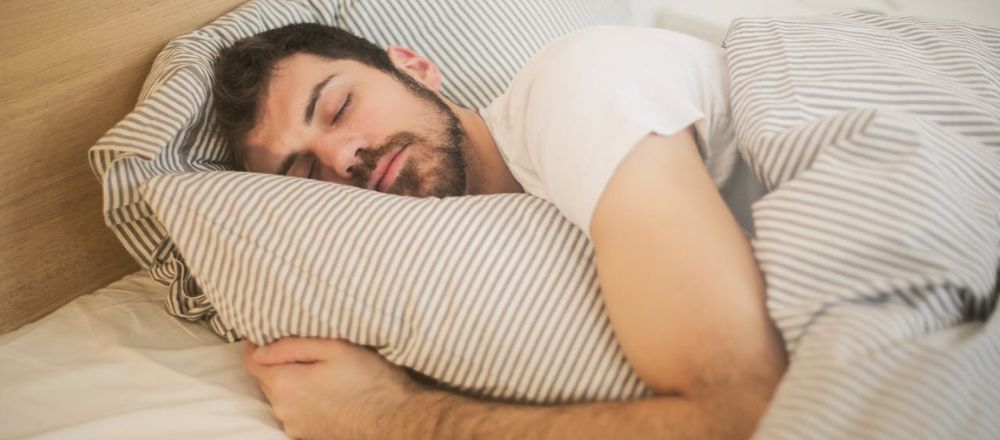10 Healthy Sleep Hygiene Tips
- Posted On: December 19, 2024
- Posted By: admin

Establishing some routines, such as maintaining a regular schedule and reducing your exposure to blue light in the hours leading up to bedtime, can help you improve your sleep hygiene and increase the quality of your sleep.
When you find yourself staring at the ceiling, do you ever find yourself wondering if you will ever be able to slumber? You may also wake up thinking it’s time to get up when it’s actually two in the morning. It may be time to address your sleep hygiene and how your routines may be preventing you from getting enough sleep.
Let’s discuss what sleep hygiene is and how you can improve your sleep by making adjustments to the routines you follow during the day and before bed.
What is Sleep Hygiene?
The term “sleep hygiene” refers to having healthy sleeping habits that enable you to get a decent night’s sleep. In light of the fact that having enough quality sleep is essential to both your mental and physical well-being, as well as your general quality of life, it is essential to practice proper sleep hygiene.
Your actions throughout the day, not only in the hours leading up to bedtime, can impact the quality of sleep you get. Here are several examples:
• Food and drink choices
• Schedule
• Evening routine
If you have trouble sleeping, there are a few things you can do to enhance your sleep quality. You can take these steps both during the day and right before bed. To get a better night’s sleep, let’s take a deeper look at ten different techniques to improve your sleep hygiene.
• Keep a consistent sleep schedule.
• Develop a soothing ritual for going to bed, and make sure to stick to it.
• Before going to bed, make sure all electronic devices are off.
• Try to engage in physical activity on a consistent basis.
• Maintain a moderate consumption of caffeine.
• You should customize your sleeping environment to suit your needs.
• For the sole purpose of sleeping and having sexual relations, use your bed.
• Sleep only when you are completely exhausted.
• Reduce the amount of time you spend napping, or try to avoid it altogether.
• Reduce your stress levels before going to bed.
The Bottom Line
The term “sleep hygiene” mentions to a decent sleep routine. The things you do during the day and before bedtime can affect your sleep. In the event that you have trouble falling asleep or staying asleep, there are a few different tactics that you can attempt in order to fall asleep more quickly and stay asleep for longer periods of time. The majority of these can be achieved by improving your sleep hygiene.
It is possible to improve the quality of your sleep by adhering to a schedule, having a routine that helps you relax before bed, engaging in regular physical activity, maintaining a dark and comfortable temperature in your bedroom, and paying attention to what you consume in terms of food and drink.
Before bed, yoga or meditation can help relax the mind and body and relieve day-to-day stress. A number of applications, such as Headspace: Mindful Meditation and the Calm app, are available for download on mobile devices, including smartphones. These programs often offer free meditation guides for use. Consult with your primary care physician. You should tell your doctor about your symptoms to get better care.
It is imperative that you schedule a follow-up appointment with your physician if you continue to experience problems with your sleep patterns or insomnia. They can assess whether an underlying condition is causing your sleep issues and provide you with the necessary therapy.